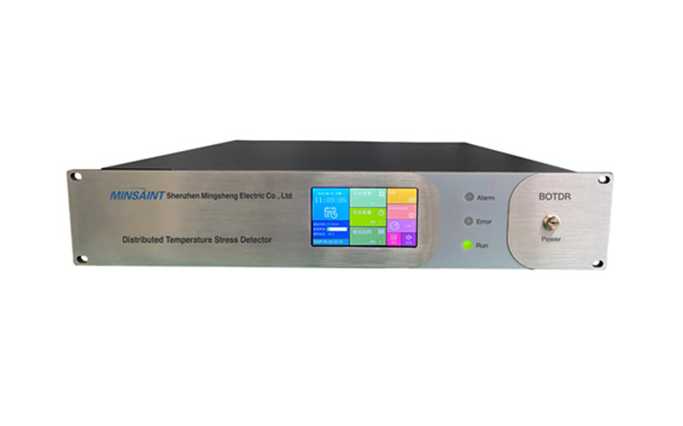
Electric trains have gained significant popularity in recent years due to their environmental benefits and energy efficiency. However, like any technology, electric trains also have their drawbacks. In this article, we will delve into the cons of electric trains, providing a comprehensive analysis of their limitations and challenges.
- Limited Infrastructure:
One of the primary challenges faced by electric trains is the requirement for extensive infrastructure. Unlike traditional trains that can run on existing tracks, electric trains necessitate the installation of overhead wires or third rails to supply power. This infrastructure investment can be costly and time-consuming, especially when retrofitting existing railway systems. - High Initial Costs:
Electric trains typically have higher upfront costs compared to their diesel counterparts. The expenses associated with manufacturing, installing, and maintaining the necessary electrical components contribute to this higher price tag. While electric trains may offer long-term cost savings through reduced energy consumption, the initial investment can be a significant barrier for many transportation authorities and operators. - Power Supply and Grid Reliability:
Electric trains rely on a stable and reliable power supply to operate efficiently. Any disruptions or fluctuations in the power grid can impact train schedules and reliability. In regions with an unreliable power infrastructure, electric trains may face challenges in maintaining consistent operations, leading to delays and inconveniences for passengers. - Limited Range and Flexibility:
Unlike diesel trains that can refuel quickly, electric trains require access to charging or electrification infrastructure. This limitation restricts their range and flexibility, making them less suitable for long-distance or remote routes. Additionally, the need for frequent charging or access to power supply points can result in longer turnaround times, reducing overall operational efficiency. - Environmental Concerns:
While electric trains are generally considered environmentally friendly, their environmental impact is not entirely negligible. The production and disposal of batteries used in electric trains can have adverse effects on the environment. Additionally, the electricity used to power these trains may come from non-renewable sources, such as coal-fired power plants, which can contribute to carbon emissions. - Maintenance and Expertise:
Maintaining electric trains requires specialized knowledge and expertise. The intricate electrical systems and components demand skilled technicians and engineers for installation, maintenance, and repairs. The availability of qualified personnel and the associated costs can pose challenges for smaller transportation authorities or regions with limited resources.
Conclusion:
Electric trains undoubtedly offer numerous advantages, including reduced emissions and energy efficiency. However, it is essential to consider the cons associated with this technology. The limitations in infrastructure, high initial costs, power supply reliability, range and flexibility, environmental concerns, and maintenance requirements should be carefully evaluated when considering the implementation of electric trains in a transportation network. By understanding these drawbacks, decision-makers can make informed choices to optimize their rail systems for the future.






